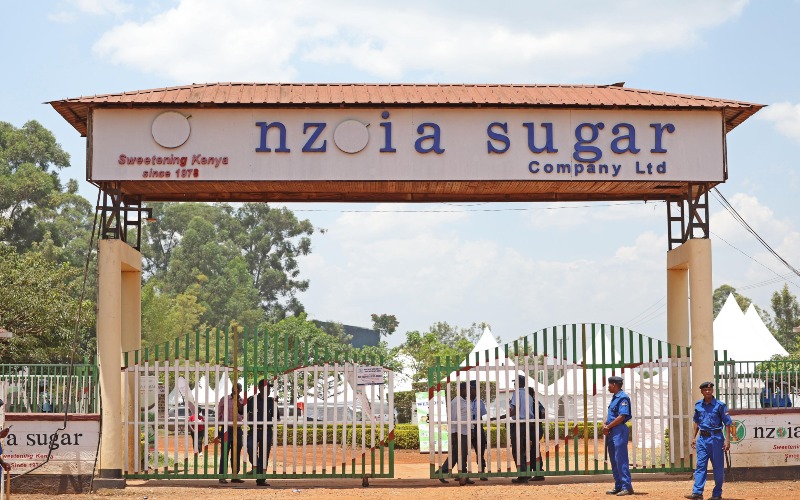How forged academic papers are helping fraudsters secure top government jobs — EACC

The EACC notes that various methods are being used to falsify academic records, ranging from fake secondary school certificates to altered university degrees.
The Ethics and Anti-Corruption Commission (EACC) has raised the alarm over the persistent use of forged academic certificates in public service, exposing how fraudsters continue to occupy critical government positions despite increased checks.
According to the commission’s quarterly report covering April to June 2025, the fraudulent activities have found their way deep into key state institutions, allowing unqualified individuals to secure jobs, promotions and millions in salaries. The report, published in the Kenya Gazette, paints a clear picture of a problem that is both widespread and entrenched.
More To Read
- EACC traces Sh22.9 billion, recovers Sh3.4 billion in fight against corruption
- Illegally grabbed Mombasa land to host affordable housing units after EACC recovery
- Only 12 of 58 EACC corruption cases cleared for prosecution by DPP over three-month period
- Outgoing NCIC faces scrutiny over last-minute recruitment of 22 staff
- Anti-Counterfeit Authority chair charged with soliciting Sh5 million bribe to shield businessman
- Public officers face Sh4 million fine or 10-year jail term for missing asset declarations
The EACC notes that various methods are being used to falsify academic records, ranging from fake secondary school certificates to altered university degrees.
In one case, a man employed as a driver at the Office of the Auditor General is alleged to have secured the position using a forged KCSE certificate.
He presented a document from Scholar Secondary School showing a C Plain, yet investigations later found that he was never registered for the national exam. Over the years, he drew a salary totalling Sh4 million before leaving the job during a disciplinary process.
Forgery is not limited to high school documents. The report highlights a case involving a regional HIV Coordinator at the National Syndemic Diseases Control Council who is accused of tampering with both his secondary results and university papers.
He is said to have changed his KCE grade from Division III to Division II and submitted a forged Bachelor’s degree certificate allegedly from Egerton University.
“Investigations also established that the Bachelor’s degree certificate purportedly issued by Egerton University was forged and therefore did not originate from the said university,” the report states.
Out of the 30 investigation files forwarded to the Director of Public Prosecutions during the period under review, many involved academic fraud. Several cases have already been approved for prosecution, while others are pending, pointing to a growing legal pile-up linked to the fake papers racket.
The water sector has also been flagged as vulnerable to such scams. At Nairobi City Water and Sewerage Company, one employee is alleged to have used a falsified Business Management diploma to secure employment.
Investigations found that she had never studied at the institution whose certificate she presented. Over time, she earned Sh18.77 million, money EACC says was obtained illegally. She is also accused of forging a telephone operator certificate, which she used to get a permanent and pensionable role.
The report further indicates that some of the institutions central to the country’s democratic and oversight responsibilities, including Parliament, the Independent Electoral and Boundaries Commission (IEBC), and the Office of the Auditor General, have also been infiltrated by individuals with fake academic papers.
EACC warns that despite ongoing efforts to curb the trend, academic fraud continues to thrive, undermining the integrity and performance of public institutions.
Top Stories Today











































